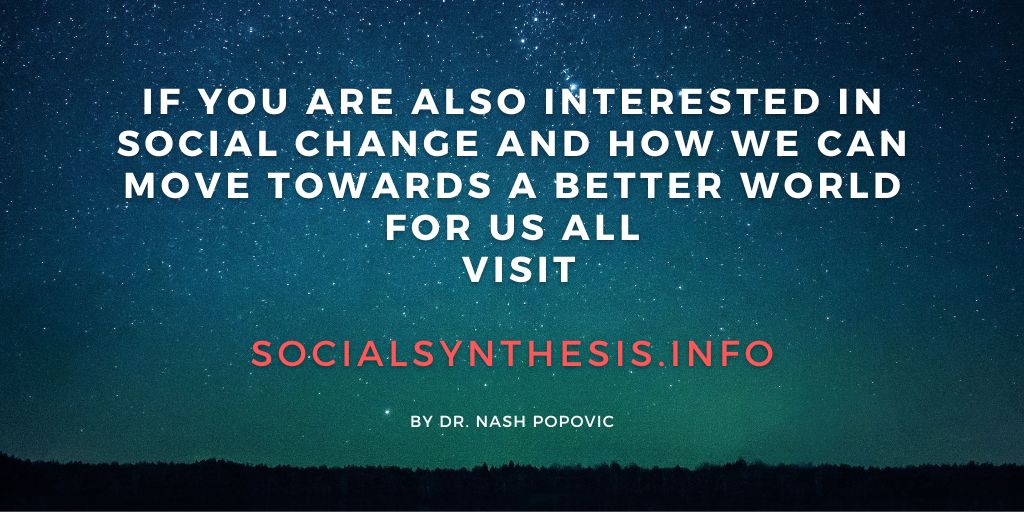44. Control
My life didn’t please me, so I created my life.
Coco Chanel (French fashion designer)
Having a sense of control is a universal need. An infant’s crying, for example, is a way for her to control her environment. Yet what control really means can be easily misunderstood. So in this area we will consider various types of control, what affects control, and the difference between control and being controlling. But let’s see first why this subject is important.
Why a sense of control matters
Experiments on both humans and animals show that ‘the organism responds differently to conditions characterised by controllability on the one hand, and lack of control on the other’.(1) Diminished control increases feelings of insecurity and discontent, and reduces efficiency. On the other hand, having a sense of control has a positive effect on coping and also decreases the after-effects of distressing situations. The evidence from several sources indicates that this sense is an important factor not only in coping with stress, but for health more generally.(2) This is because it reduces excessive anxiety and physiological stress responses (such as adrenaline and cortisol secretion). Furthermore, it can also enhance motivation (e.g. if you feel that you are in charge of your kitchen, you may be more enthusiastic about cleaning it).
Control feeling: remember a situation when you had a sense of control. How did it feel? Where did you feel it in your body? Make a mental image or draw a picture of that state (e.g. sitting on top of a big balloon). Next time when you feel that you are losing the sense of control, recall that image in your mind and this should bring with it the sensation of control too. Beside an image, word or even movement (such as flicking one’s fingers) can serve the same purpose, as long as it is not used in other situations.
Internal and external control
If you believe that the situation depends on you, it is called internal control. On the other hand, if you believe that you have little impact on outcomes (that they depend more on other people, fate, luck, etc.) it is called external control. Research shows that subjective wellbeing is greater in those who believe that they have much choice in what they do and score high on internal control.(3) However, exaggerated internal control can induce an unjustified sense of personal failure, responsibility and guilt, so it is important to find a balance in this respect that reflects reality.
Are you more inclined towards internal or external control (e.g. do you believe that you are a forger of your own destiny or it is all about luck)? Are you happy with where you stand in this respect?
Collaborative and imposed control
Broadly speaking, there are two ways of exercising control over a situation: one can be called collaborative and another imposed.
- Collaborative control means seeing yourself as part of the situation and taking into consideration the given circumstances. It neither opposes nor gives in to the forces around, but works with them (like a sailing-boat with the wind). This means seeing what needs to be done in a particular context, and then adapting, directing and coordinating accordingly.
- Imposed control means trying to control a situation from the outside or above. It imposes a particular course of action regardless of circumstances (like a motor boat). It can sometimes be more efficient, but it needs more energy and can have negative long-term consequences. For example, attempting to control others may temporarily enhance this type of control, but usually doesn’t have a lasting effect, and has many other setbacks (such as not being very popular).
Are you personally more inclined towards implicit or explicit control (for example, is ‘just wanting things to be done’ often more important than anything else for you?)
What affects control
- Presence: control always requires your mental presence. Thinking about what could have happened or what you could have done differently may help you prepare better for the future but it is an impediment in the immediate situation. So if you would like to maintain a sense of control, keep your focus on what is going on and analyse or assess the situation later.
- Emotions: excitement and intense emotions are inversely proportional to controllability. They tend to reduce internal control, although they are sometimes used in an attempt to control others. For example, people often get angry because they believe it will increase their control over the other person. On the other hand, some (such as politicians) try to intensify the emotions of their audience with the same aim. In a nutshell, keeping calm is one of the most important factors that contribute to maintaining control.
- Knowledge: the more you know, the more you will feel in control. For example, if you know how airplanes fly, you will feel more in control even if you are not a pilot; if you learn about a place you are going to visit beforehand, you will feel more in control when you get there.
- Agency: believing that you are not completely passive and that, whatever happens, you can do something about it if you need to, can greatly increase a sense of control. Let’s say that you are experiencing an earthquake. The earthquake is out of your control – but how you will respond to it depends on you and can make a huge difference in retaining some sense of control in such extreme situations. So, have a plan.
Regaining control: guided visualisation can also assist in enhancing a sense of control. When you feel that you are losing control try to relax, close your eyes and visualise yourself at the helm of a ship in stormy waters, for example. Then, imagine that you are gradually increasing your control over its balance and direction.
Mind control
Control is not only about your situation but also about your internal processes. The same factors apply in this case too: being present, keeping calm, knowing yourself, and self-regulation.
Dream control: establishing a sense of control in your fantasies and dreams can have positive effects on your level of controllability when you are awake too. Nightmares, for example, are often related to a sense of losing control. So, if you wake up in the middle of a nightmare, imagine going back into your dream (however frightening or unpleasant it is) and continue the action to its satisfactory ending. This does not need to be a fight. You may ask for help, transform the enemy into an ally, or imagine having a parachute or wings if your dream was about falling. Remember, you are in control! You can go even further with this. ‘Lucid dreaming’ is the ability to actually consciously control the content of your dreams while you are still sleeping and it can be developed with some practice.
Control v. being controlling
The sense of control is not directly related to how much control we exercise in a given situation, but to the possibility; confidence that we can if we want to. Controlling behaviour is often the result of the need to prove (to ourselves or to others) that we are in charge which, in fact, betrays a lack of that inner sense of control. The latter grows from confidence, not the other way around. Those who really feel in control have no need to show it and take initiative only if necessary. In fact, over-control reduces control. Leaders who micro-manage are an example – their subordinates simply exercise the agency behind their back, making them even less in control. Delegating, sharing power, or letting others take over sometimes may decrease control over people, but can increase control over the situation.
(1) Gregory, R. (ed.) (1987) The Oxford Companion to the Mind. Oxford, New York: Oxford University Press, p.749.
(2) Stoyva, J. and Carlson, J. (1993) ‘A Coping/Rest Model of Relaxation and Stress Management’ in Goldberger, L. and Breznitz, S. (eds) Handbook of Stress, 2nd ed. New York: The Free Press, p.731.
(3) Argyle, M. (1987) The Psychology of Happiness. London: Methuen, p.116; and Pintrich, P. R. and Schunk, D. H. (1996) Motivation in Education Englewood Cliffs: Prentice Hall, p.266.

